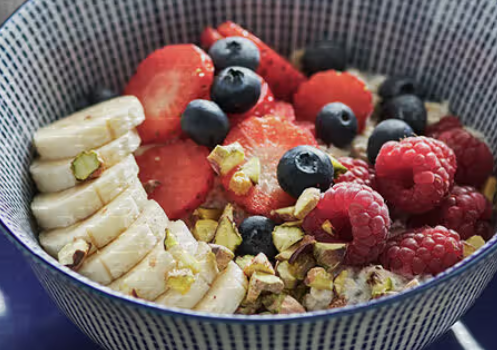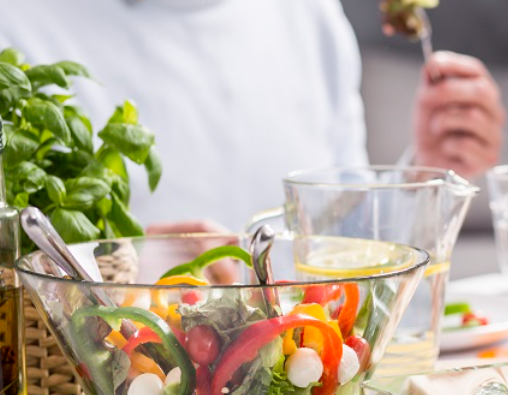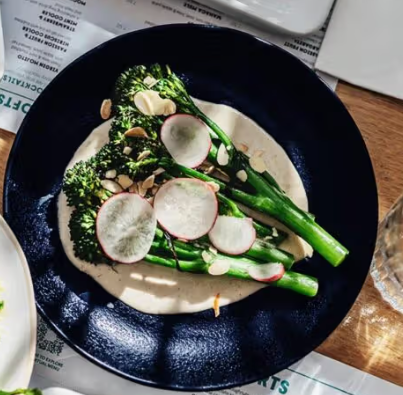
Bloating after a meal is a common problem that can leave you feeling uncomfortable and self-conscious. Whether you’re at home, at work, or out with friends, the sensation of a bloated stomach can affect your mood and confidence. Fortunately, there are many ways to prevent and alleviate bloating, most of which are simple adjustments to your eating habits. In this blog post, we’ll share 12 expert-backed tips to help you reduce bloating and feel more comfortable after eating.
What Causes Bloating After a Meal?
Bloating occurs when there is an excessive build-up of gas, air, or water in the digestive system. This leads to a swollen stomach and can cause discomfort. Gas accumulation is a major contributor, often resulting in embarrassing belching or flatulence. While occasional bloating is normal, chronic bloating can sometimes point to a more serious issue. Thankfully, the causes of bloating are often manageable with the right lifestyle adjustments.
12 Ways to Prevent and Relieve Bloating After Meals
1. Watch Your Fiber Intake
Fiber is essential for a healthy digestive system, but too much too quickly can lead to bloating. If you’ve recently increased your fiber intake, reduce it a little to help your body adjust. Additionally, remember to drink plenty of water to aid digestion and prevent gas build-up.
2. Avoid Fatty Foods
High-fat meals take longer to digest, which can lead to slower digestion and gas buildup. While you don’t need to cut out all fats, it’s a good idea to limit your intake of fried, processed, and heavy meals, focusing instead on healthy fats like those found in avocado, nuts, and olive oil.
3. Eat Slower
Eating quickly can lead to swallowed air, overeating, and inadequate chewing—all of which contribute to bloating. Slow down, savor your food, and make sure to chew thoroughly. It’ll not only help with digestion but also give your body time to signal fullness, preventing overeating.
4. Reduce Carbonated Drinks
Sodas, sparkling waters, and other carbonated beverages contain carbon dioxide, which can get trapped in your digestive system, leading to bloating. Stick with still water, herbal teas, or non-carbonated drinks to stay hydrated without the extra gas.
5. Get Moving After a Meal
While lying down might seem like a natural instinct after eating, it can actually worsen bloating. A short, 10-30 minute walk can help stimulate digestion and release trapped gas. A simple stroll around the block after lunch can make a big difference.
6. Identify Food Intolerances
Some people experience bloating due to food sensitivities like lactose intolerance, gluten sensitivity, or wheat intolerance. If you suspect certain foods might be the culprit, consider testing for intolerances or keeping a food journal to track your symptoms. Avoiding trigger foods can significantly reduce bloating.
7. Cut Back on Salt
Excess salt can lead to water retention, which contributes to bloating. Try to limit your intake of salty processed foods and snacks, and opt for herbs and spices to flavor your meals instead. When cooking, choose fresh ingredients over pre-packaged options to control the amount of sodium you consume.
8. Switch to Mints Instead of Gum
Chewing gum can lead to swallowing excess air, which gets trapped in your digestive system and causes bloating. Sugar-free gum can be especially problematic, as it often contains sugar alcohols, which can cause gas. Opt for mints or breath strips instead to avoid the bloating effects.
9. Avoid Talking While Eating
Talking while eating can cause you to swallow air, which leads to bloating. Chewing with your mouth closed and avoiding conversation during meals can minimize the amount of air you take in.
10. Incorporate Foods That Reduce Bloating
Some foods are naturally known to ease bloating. Celery, watermelon, and zucchini are high in water content and help flush excess salt from your system. Additionally, foods like bananas and tomatoes can help reduce water retention. Ginger and peppermint are also excellent for alleviating digestive discomfort and bloating.
11. Treat Heartburn
Heartburn can sometimes cause bloating, as stomach acid moves back into the esophagus. If bloating is accompanied by heartburn, consider over-the-counter medications or speak with your doctor about treatment options. Managing heartburn can alleviate bloating as well.
12. Consider Supplements
Certain supplements, such as digestive enzymes, can assist with breaking down food and preventing gas buildup. Probiotics, which promote a healthy gut, can also help by regulating digestive function and reducing bloating over time.
When to See a Doctor
While bloating after meals is usually harmless, it can occasionally be a sign of a more serious health issue. If you experience severe pain, nausea, irregular bowel movements, or unexplained weight loss along with bloating, it’s time to consult a doctor. Conditions like irritable bowel syndrome (IBS), Crohn’s disease, or celiac disease can cause chronic bloating, and a healthcare provider can help determine the underlying cause.
Conclusion
Bloating after meals is a common issue that many people experience. However, with the right dietary and lifestyle changes, you can significantly reduce or even eliminate the discomfort. Start by incorporating some of the tips above into your routine and see what works best for you. Keep track of any patterns in your diet, and remember that everyone’s body reacts differently. By making a few simple changes, you’ll be able to enjoy your meals without the discomfort of bloating.










